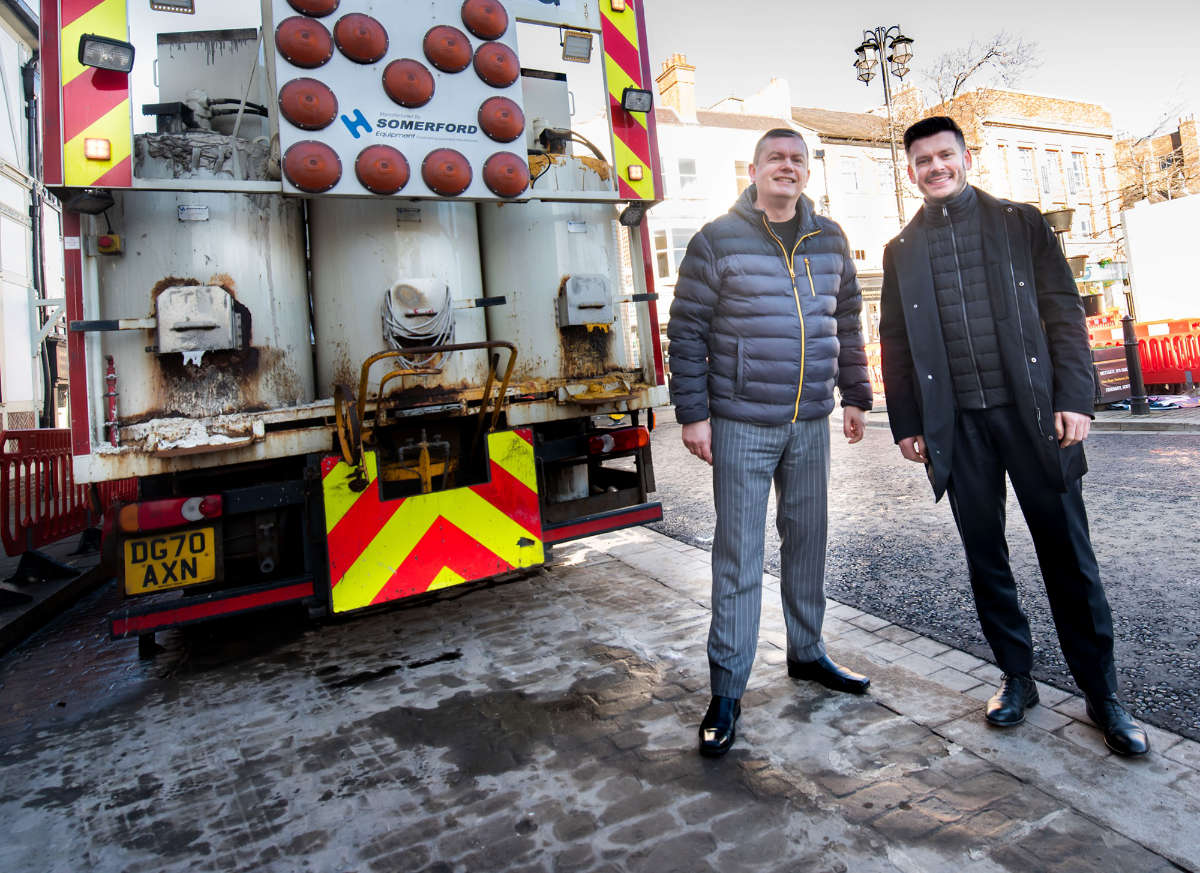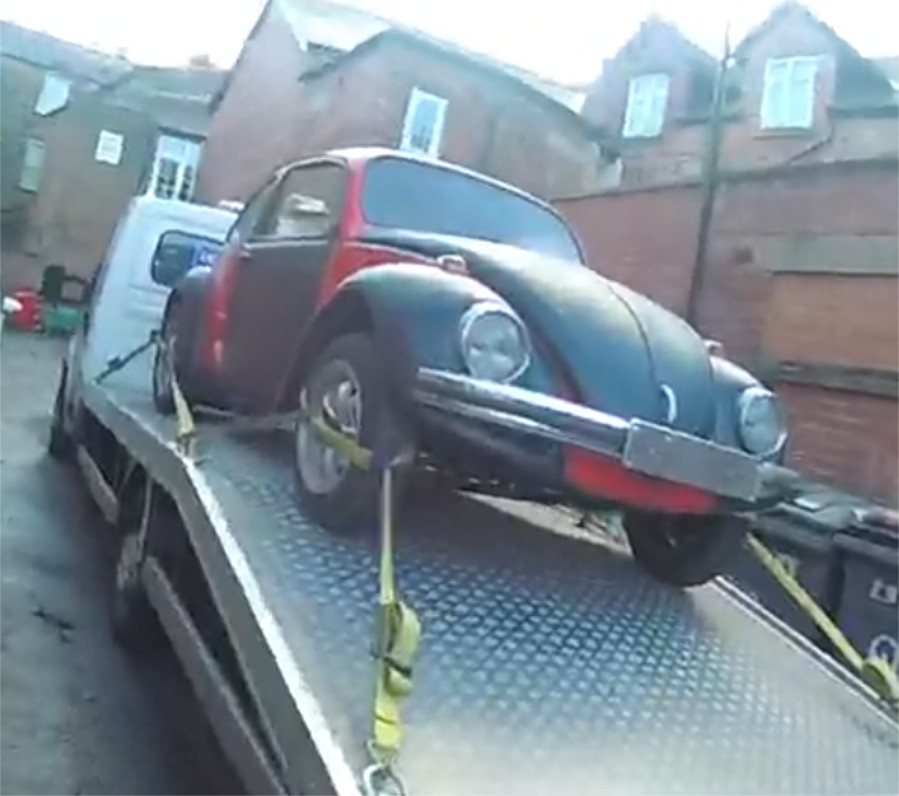Today has been epilepsy action day, raising awareness of epilepsy. In the UK, 1 in every 103 people have the neurological condition.
Some facts about epilepsy
- Epilepsy is the tendency to have recurrent seizures
- There are around 40 different types of seizure and a person may have more than one type.
- Epilepsy can affect anyone, at any age and from any walk of life
- In the UK, 600,000 or one in every 103 people has epilepsy
- Epilepsy is a neurological condition
- Every day in the UK, 87 people are diagnosed with epilepsy
- Only 52 per cent of people with epilepsy in the UK are seizure-free. It is estimated that 70 per cent could be seizure free with the right treatment
- Around five people in every 100 will have an epileptic seizure at some time in their life. Out of these five people, around four will go on to develop epilepsy
- Many people who develop epilepsy below the age of 20 will ‘grow out of it’ in adult life
- Many people with epilepsy are still discriminated against due to ignorance about the condition
- Epilepsy is covered by the Equality Act in England, Scotland and Wales, and the Disability Discrimination Act in Northern Ireland
- Many people with epilepsy can take part in the same activities as everyone else, with the help of simple safety measures where appropriate
- People who have been seizure-free for a year can re-apply for their driving licence

Rachel Griffin, from Harrogate, has had epilepsy for the past 9 years and is now aged 28
Rachel explained more about epilepsy:
When people think of epilepsy they usually think of tonic clonic seizures, however, there are lots of different types of seizures which all present differently and even the same type of seizure can be different for each person.
Some seizures cause a altered state of consciousness and they may not be aware of where they are or what their doing, they may walk about plucking their clothes or smacking their lips.
Other seizures such as tonic clonic seizures cause a full loss of conscious and the person will fall to the floor and their body will jerk, they may injure themselves, bit their tongue or be incontinent, these seizures usually last a minute or two.
[sam id=”4″ codes=”true”]
Talking further on how you can help a person having a seizure, Rachel added:
During a tonic clonic seizure it is important not to restrain the person having a seizure, remove any items around them which may cause harm and put a cushion or similar under their head if you can.
A lot of people with epilepsy wear medic alert jewellery or carry an identity card which will give you more information about them and their epilepsy. Once the seizure has stopped put the person in the recovery position, and stay with them until they have fully recovered.
It’s important to never put anything in a person’s mouth or try to restrain them.
When an epileptic has a seizure they do not usually need to go to hospital however it is important to call an ambulance if the seizure lasts more than 5 minutes or if the seizure is followed by another seizure.
You should also call an ambulance if the person is injured during the seizure.
For further details on first aid for epilepsy visit www.epilepsy.org.uk/info/firstaid





